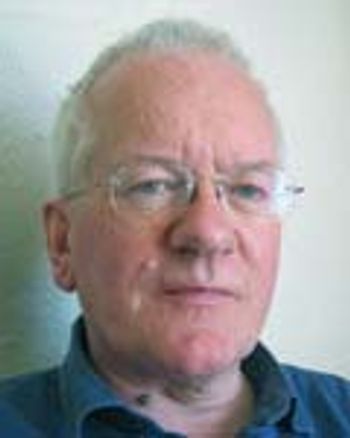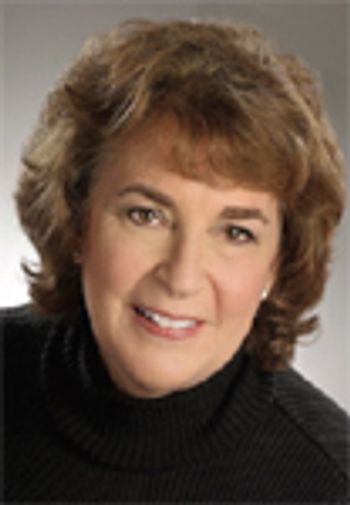
The European Medicines Agency has published a guide to help industry and regulatory authorities implement safety-monitoring standards.

The European Medicines Agency has published a guide to help industry and regulatory authorities implement safety-monitoring standards.

Cosentyx (secukinumab) is the first IL-17A inhibitor for moderate-to-severe plaque psoriasis patients.

Catalent announced that it would partner with Mitsubishi Gas Chemical Company, and its subsidiary MGC Pharma, to promote GPEx technology, a high-titer vector for stable mammalian cell lines.

FDA aims is to collect data regularly from manufacturers that will indicate the ability of a firm and its facilities to produce high-quality therapies on a continual, error-free basis.

The European Medicines Agency plans on sharing generic-drug assessment reports with regulators outside the European Union.

USP establishes Jan. 1, 2018 as the implementation date for its elemental impurities guidelines for existing drugs.

Bristol-Myers Squibb announced that it stopped its study of Opdivo for the treatment of 2nd line squamous cell lung cancer due to superior overall survival of study participants.

A guidance document published just before the Jan. 1, 2015 deadline adds a four-month grace period.

An FDA panel unanimously recommended the agency approve EP2006, Sandoz’s biosimilar for filgrastim.

The FDA center released a list of the guidance documents it plans to publish in 2015.

The European Commission’s new structure has sparked controversy about its allocation of responsibilities and the impact on the development and approval of new medicines.

Switching grades of raw material late in the development cycle can be costly. Best practice says get it right at the beginning.

Manufacturers are under pressure to develop pipelines, promote quality, and justify pricing.

In late 2014, standards organizations continued to work towards harmonization and securing drug safety.

Hospira issued a voluntary worldwide recall due to confirmed subpotency and elevated impurity levels.

When used in combination with chlorambucil to treat chronic lymphocytic leukemia, Gazyva was found to be more effective than Rituxan.

Entrectinib has received FDA’s orphan drug and rare pediatric disease designations for the treatment of neuroblastoma.

Teva Pharmaceuticals announced that FDA approved Granix injection for self-administration in patients.

Approval of anti-PD-1 antibody Opdivo represents a major milestone for patients who no longer respond to existing treatments for melanoma.

FDA set several milestones in approving more new, important drugs and biologics in 2014. Breakthrough drug designations went through through the roof, speeding more new therapies for cancer and critical conditions to patients.

FDA has scheduled a public meeting in early January to assess and weigh data on the first United States application for a biosimilar therapy.

The first stem-cell medication approved in the EU promotes regeneration and healing to the outer layer of the cornea.

The agency publishes two guidance documents on providing regulatory submissions in electronic format.

A statement from GPhA’s president expresses the organization’s support of FDA’s proposed rule to amend labeling regulations.

The new bill calls for a data exclusivity period of 15 years for drugs that treat diseases with unmet medical need.